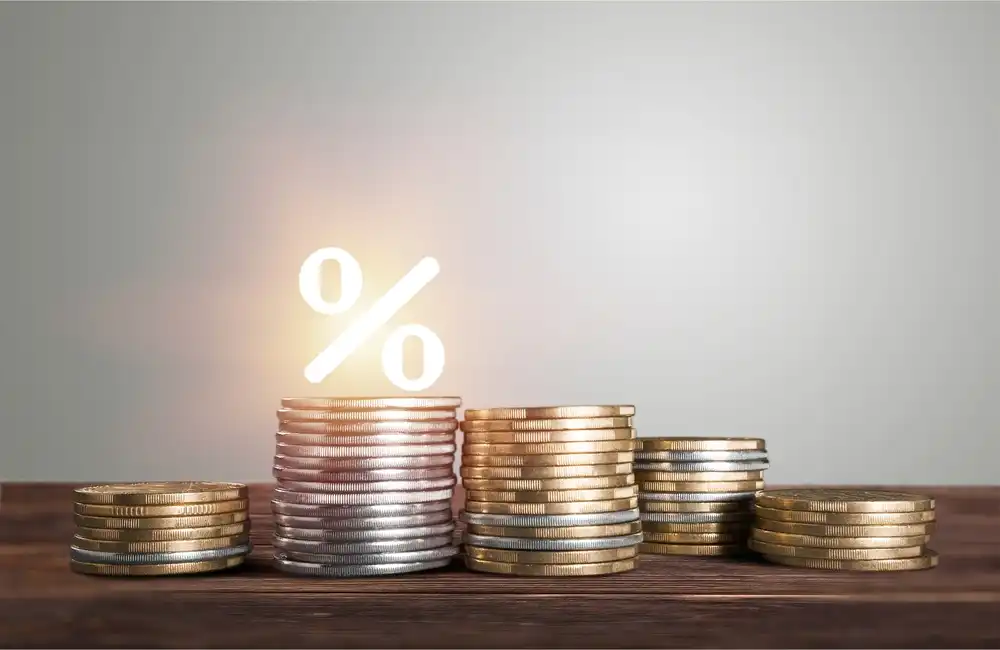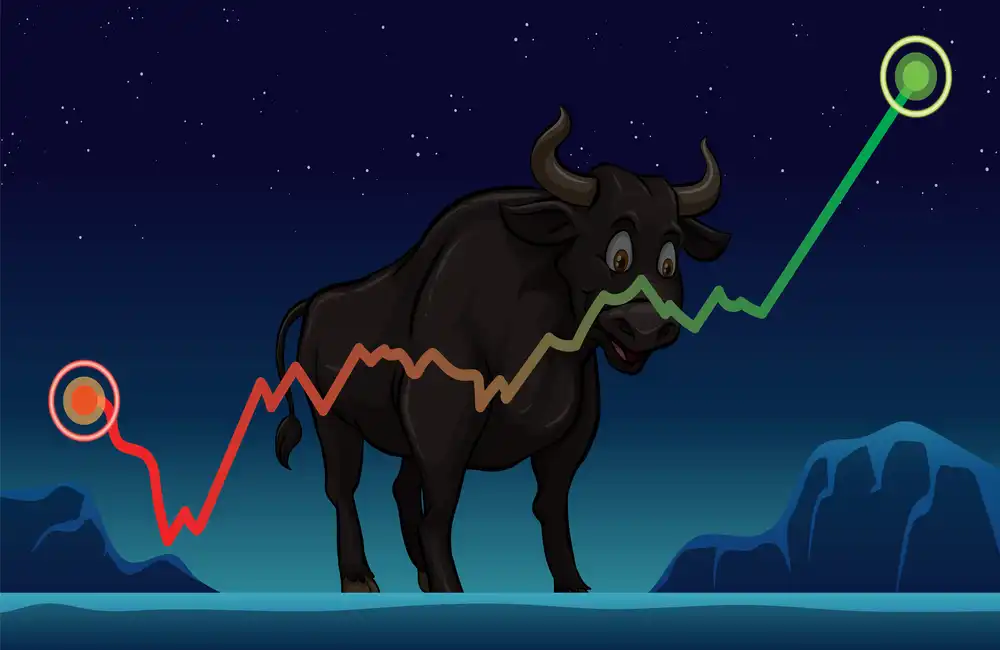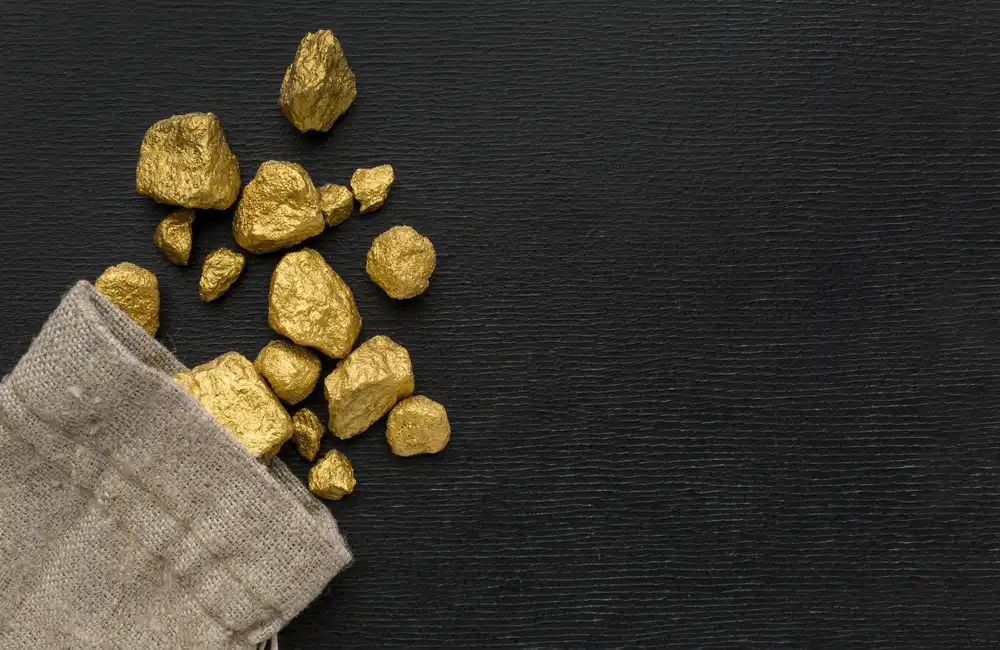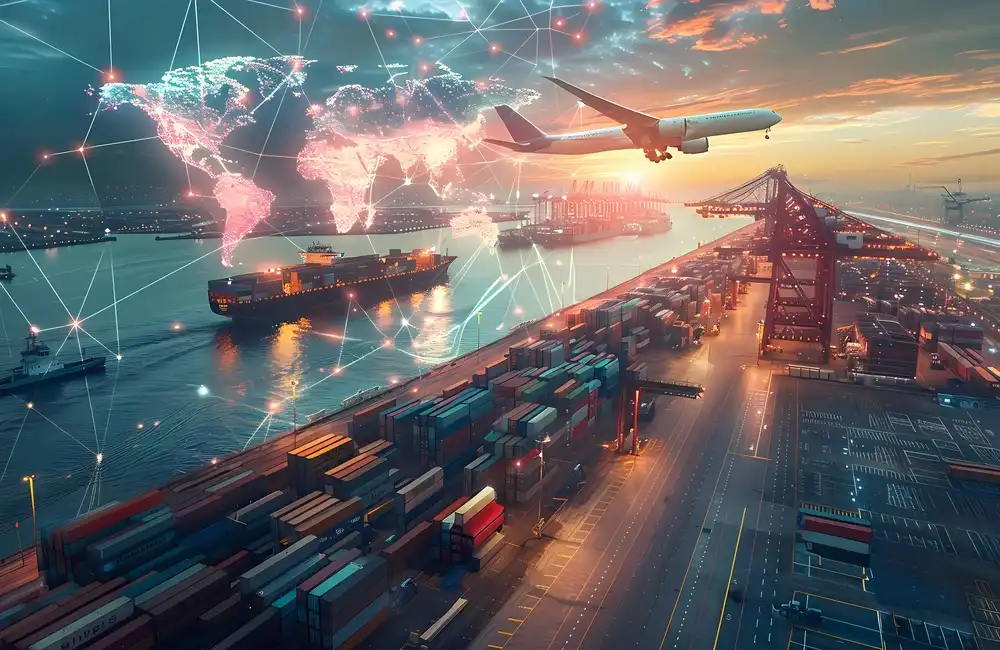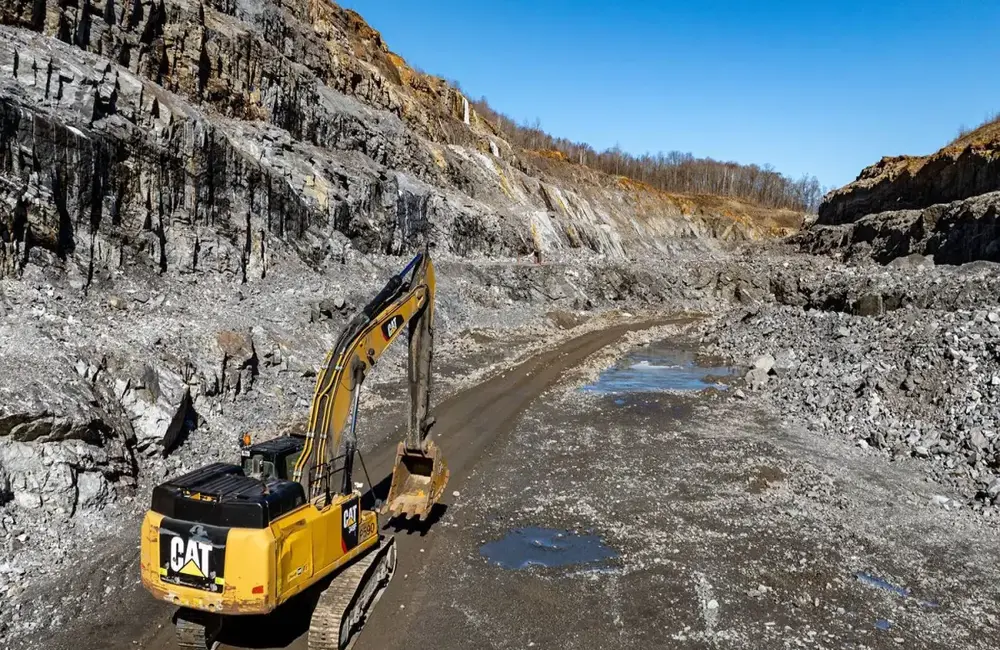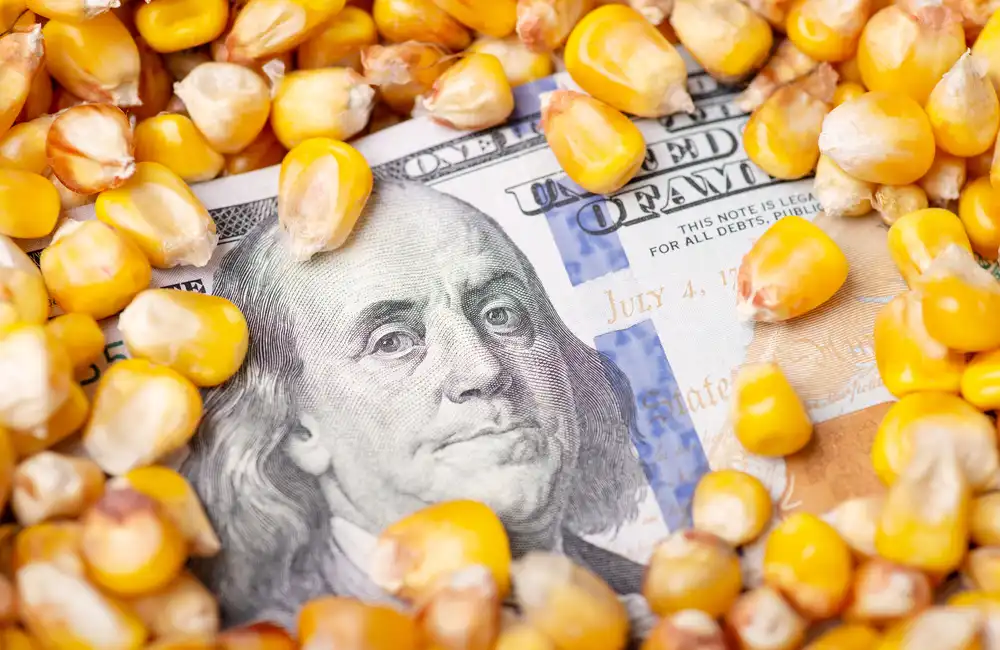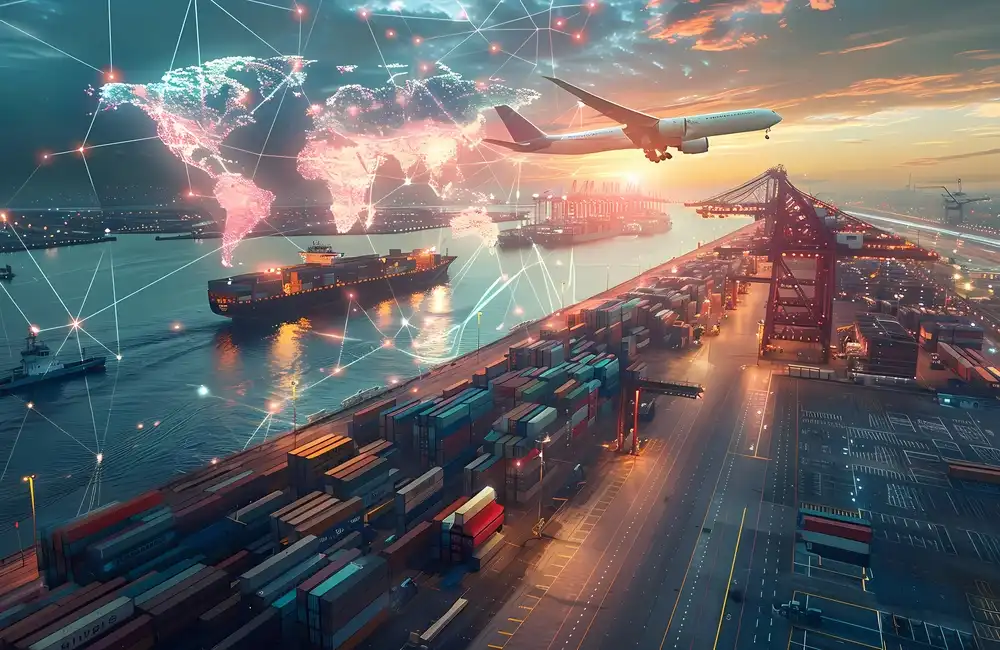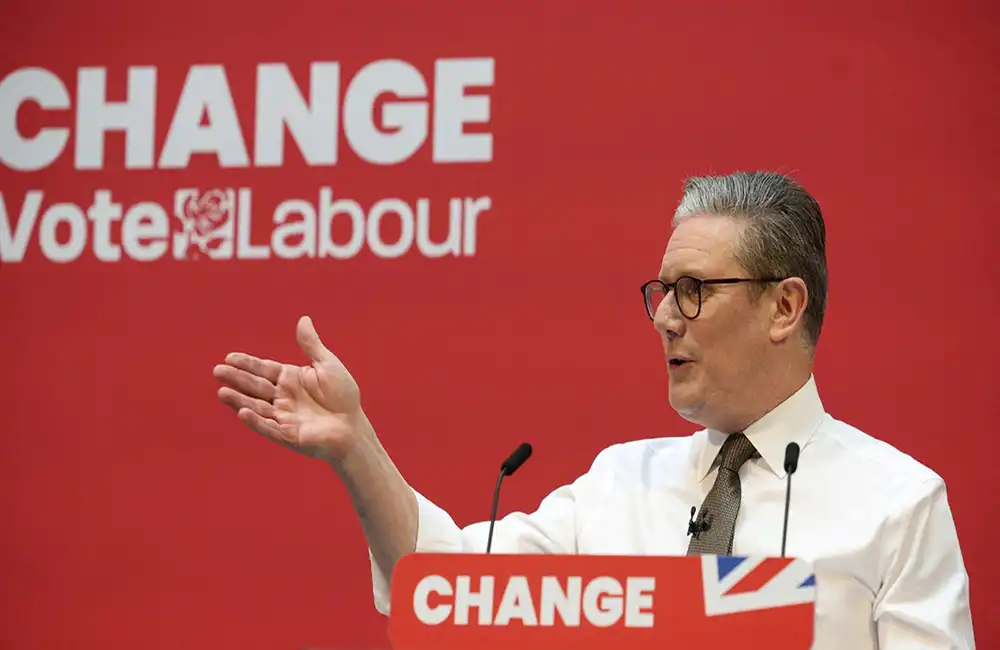While the West has placed a major focus on regionalising metals supply chains as part of the energy transition in legislation released on Oct. 24, the speakers said that it will be difficult, if not impossible, to avoid supplies from China.
“The trend toward regionalization is real but over the longer-term may almost necessarily reverse,” said Robin Martin, head of Market Development, LME, adding that in supply chains, globalisation may in the end be more practical.
“The justification for globalisation was to optimize value chains,” BMO Capital Markets Managing Director and commodities analyst Colin Hamilton said during a panel on globalization and regionalization at the event at the opening of LME Week. “But for various reasons we appear to be going the opposite way; there’s much segmentation, but economics will ultimately dictate we return to globalisation.
The United States has “sounded the whistle” with its recently passed Inflation Reduction Act, which aims at incentivising the growth of American industries by virtually shunning China and picking a few other source of supply in countries like Canada, said Kwasi Ampofo, head of metals and mining at Bloomberg NEF.
The IRA offers tax credits to renewable energy installation and other producers in the US if they refrain from using materials including metals from China.
Critical of the US China dynamics: But, China is unlikely to alter its EVs or metals strategy due to legislation elsewhere. It’s US policy that’s now about to face the most dramatic shifts, Ampofo said.
The United States will not be able to depend on mineral supplies from its soil to decarbonize, and Europe lacks the mineral reserves to decarbonise itself, according to the BloombergNEF analyst.
Secondary processing to grow
By 2035, though, recycling will provide roughly 15% of lithium needs for batteries, as well as 20% of nickel needs and 10% of cobalt needs, Bloomberg’s research found. It is a “fantasy to think we can cut China out of our supply chains,” according to the Thomson Reuters columnist Clyde Russell.
Some warn that new restrictive legislation, combined with the consequences of the Russia-Ukraine war, could shatter the world into two worlds: on one side impartial states that will do business with each other and on the flip side western democracies that will wish to do business with one another and their partners, Russell stated.
“Trade barriers are being erected, however,” BMO’s Hamilton said. “We’ve been used to accessing what we want, but suddenly we have to feel concerned about the security of supply. We know that we are not investing enough to secure the supplies.”
Traders play an outsized role in pushing long-term contracting, Hamilton said. Commoditized supply is drifting towards individual supply relationships, and we could start seeing more European primary facilities that previously only processed primary also handle secondary or scrap, he said.
On a China session at the seminar
Panellists argued that not only is China leading the world’s energy transition, it is also supporting the global energy transition due to the resilience of its electric vehicle production and sales, including exports. They said that China had the largest investments of any country in renewable energy.
China is one country that will be able to meet its net-zero targets thanks to previous investment and policies, which have been in place for years, according to Julian Kettle, vice chairman, metals & mining at research firm WoodMac. “The next 10 years, I see the continuing and increasing dominance of China in critical minerals supply chains due to their investments, " he argued.
Things like the US' Inflation Reduction Act and EU's Carbon Border Adjustment Mechanism may be "too little too late" when it comes to establishing effective regional minerals supply chains, Kettle said.
China is increasingly looking to lithium units and has already cornered 70% of the world’s lithium refining and 80% of the world’s lithium precursor production, Kettle said. It is also a leading producer or processor of other metals.
“We will need access to China’s supply chain, but perhaps it wouldn’t want the share of its energy transition going to the West, because the West didn’t invest.”
Jinny Yang, chief China economist at ICBC Standard Bank, said that President Xi Jinping emphasized over the weekend that China and the rest of the world remain interdependent in trade. Any change in this respect could take potentially decades, she said.
China, meanwhile, is forging partnerships with other countries in the global south to build infrastructure that can mitigate global climate catastrophe, as part of its expanded Belt and Road initiative, Yang noted.
Panellists also observed that prices for base metals have lately followed a similar trajectory to the China Real Activity index, suggesting that metals markets remain beholden to the fortunes of the world’s second-largest economy.
About "colossal underinvestment" in energy and commodities in the West that has "strategically depleted" supply chains
Sven Smit, senior partner at McKinsey & Company, said in a keynote address.
We’ve got to fix the physics of supply,” Smit said. “This is a crisis that we can only fix right now through engineering.”


